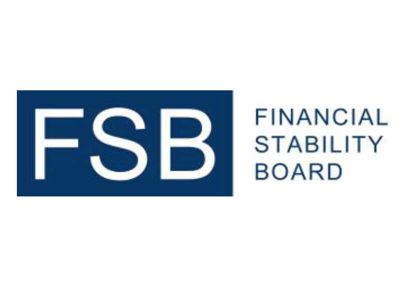FSB identifies frictions from data frameworks that pose challenges to enhancing cross-border payments
2023-09-26The Financial Stability Board (FSB) published its stocktake of international data standards relevant to cross-border payments. The stocktake looks at national and regional data frameworks relevant to the functioning, regulation and supervision of cross-border payment arrangements. It takes forward one of the priority actions under the G20 Cross-border Payments Roadmap, to enhance the interaction between data frameworks and cross-border payments. The report:
- Identifies frictions that pose challenges to improving the cost, speed, transparency and access of cross-border payments;
- Highlights fragmentation in data frameworks as a main contributor to increased cost and inability to automate cross-border payments;
- Notes that by early 2024, the FSB will develop recommendations, for public consultation, for promoting alignment and interoperability across data frameworks applicable to cross-border payments.
The stocktake was conducted to identify issues relating to cross-border use of data by national authorities and by the private sector in cross-border payment arrangements. The report identifies a number of frictions from data frameworks that pose significant challenges to improving the cost, speed, transparency and access of cross-border payments. These include uncertainty among payment providers on how to balance the various obligations under different data frameworks, such as obligations related to data privacy and to anti-money laundering and combating the financing of terrorism (AML/CFT); and challenges arising from restrictions on the flow of data across borders, which could make it more difficult to identify fraud, comply with AML/CFT and other regulatory obligations, as well as manage risk on an enterprise-wide basis. A certain degree of friction from data frameworks may be an unavoidable and acceptable consequence of regulations aimed at preserving the security of transactions, meeting AML/CFT objectives and protecting the privacy of citizens. However, the extent of fragmentation in data frameworks across jurisdictions was considered a main contributor to increased cost and inability to automate payments.
Work is already underway in the FSB to follow-up on this stocktake and address these issues. In particular, the FSB is developing recommendations to promote alignment and interoperability across data frameworks applicable to cross-border payments. To inform its work, the FSB will engage with industry, data privacy experts, financial regulators and data protection agencies to develop case studies to assess the impact of selected frictions on cross-border payments and identify where action should be prioritised.
